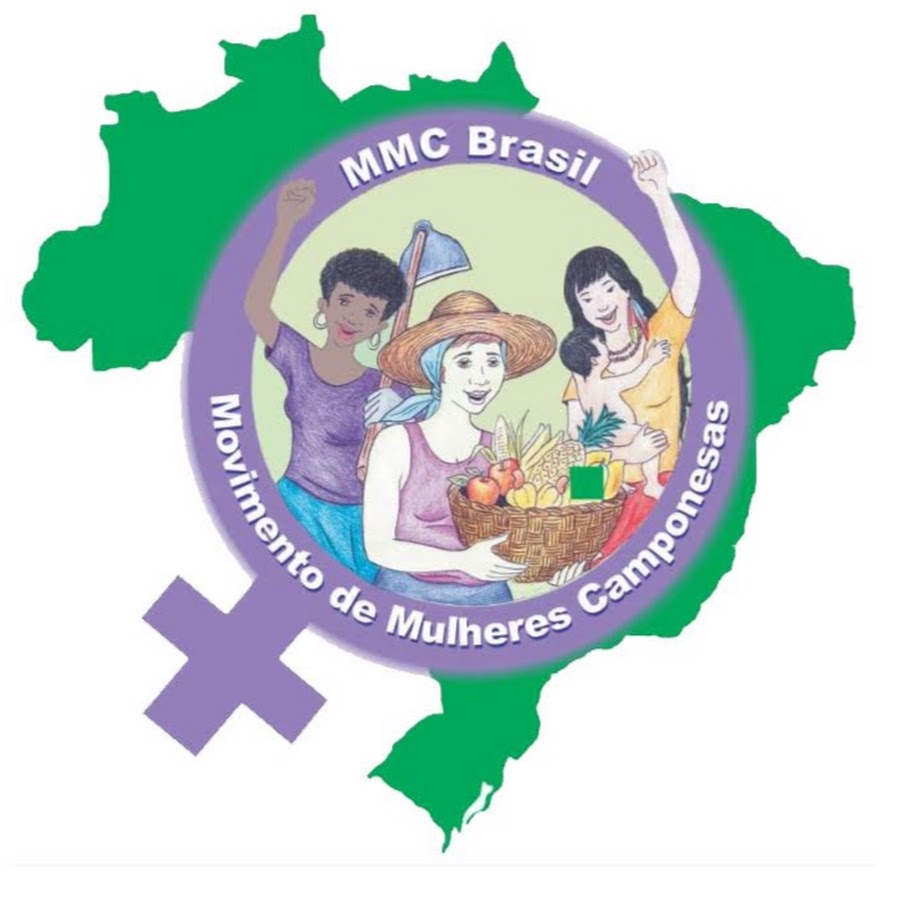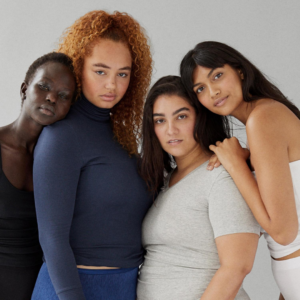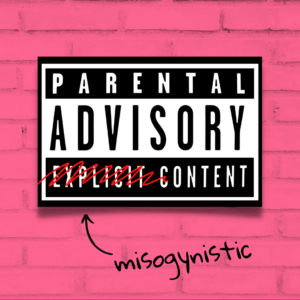According to a 2016 report by Oxfam, 88% of Brazilian rural properties are owned by men. However, the majority of the rural workforce is made up of women.
TNF interviewed Adriana Mezzadri, a farmer and member of the Rural Workers Women Movement (MMC Brazil) on the gender discrimination faced by Brazilian female farmers under the current far-right government, and what her movement is doing to empower fellow women and push for social, economic, and political change.
Q: Thanks for your time. Tell me about yourself. When did you become involved in the MMC and why?
A: I started working for the movement very early, in my adolescence. It was through the movement that I started to see that I, as a rural woman, was a person with rights and dignity.
At that time, in the 1990s, we were still discussing the issue of social security rights. It was only in 1988 that rural women workers were entitled to a pension. Before that, only men enjoyed this right. Many women had no documents because they used their father’s or their husband’s documents. We had no identity, no proof of work, nothing. We were not considered workers. Women fought for more than twelve years for the recognition of their rights as rural workers.
We also discussed sexuality, our bodies, our right to feel pleasure, to be considered, and not just to be men’s servants.
We know that the recognition of women as people with rights is fairly recent. Having the right to vote and other rights is new and in the last few years, we have been pushed backwards.
This is how I started, but we still have many challenges ahead of us.
“Our work is increasingly precarious”
Q: The pandemic has had a detrimental impact on women’s lives all over the world. From juggling work with childcare, house chores, and home schooling, to finding themselves stuck at home with their abusive partners, women have been struggling, with femicide rates dramatically increasing across Latin America and in other regions. What are the unique hurdles that Brazilian rural women had to overcome and the biggest challenges that they are facing at present?
A: There are many challenges that women, all rural workers, have faced in recent times.
One of them was the pandemic, its lockdowns, the isolation, and everything resulting from it. The issue of domestic violence and women being confined at home with perpetrators. Selling was another issue since, regardless of how much one produced, it was much more difficult to sell: many places and fairs were closed, and delivery services were suspended for a long period. Female unemployment was an issue too.
Throughout the pandemic, the burden on women increased even more because schools were closed for many months. In addition to producing food, looking after the house, the children, the elderly, and everything else, we were also responsible for our children’s education because they had to study at home.
However, there was also solidarity among us in the communities and with the women in the cities’ suburbs.
There have also been challenges for our organisation. We have arranged online training sessions, but it has their limitations. Not all rural women who are part of our organisation have access to the internet. There are many barriers, but we have fought and continue to fight for laws that encourage food production.
Government policies for small farmers, the workers and the poor in general have been dismantled in Brazil since 2016 (the year of the coup d’état against former Brazilian president Dilma Rousseff).
There are, in short, many challenges to survival. Overall, hunger and violence have significantly increased, especially against women.

Q: How is your organisation trying to address such challenges?
A: Besides what I mentioned, we have reinvented the way we organise ourselves and mobilise the public. We have been using social media a lot. We also rebuilt our website during this period. Communication has taken on different forms.
We also focus on preventive health through healthy eating, which helps strengthen the body’s immunity. The pandemic was a big obstacle, but it was also an opportunity to overcome our difficulties.
“We have to demand respect regardless of our gender or social condition, of what colour we are. We are human beings, so we are worthy of respect and equal conditions.”
Q: According to a 2016 report by Oxfam, in Brazil, 88% of rural properties are owned by men, despite women accounting for the majority of rural workers. What social, political, and cultural changes need to be implemented to correct the deep-rooted gender bias that prevents women from becoming landowners?
A: This data is quite important. I knew from a previous survey, I believe it is from the 1990s, that women owned 13% of the land. This means that we have lost 1%. This means, as I said before, that we are not advancing towards equality. We are moving backwards.
We need policies to deconcentrate ownership. Concentration worsened in Brazil after 2016.
In the last three years, there has been an increase in fires in the Amazon and deforestation, especially since 2018 (this is the year when the current president, Jair Bolsonaro, won the general elections).

Q: Your activists define themselves as anti-capitalist, anti-patriarchal, anti-racist, and “against LGBT phobia”. How are capitalism and patriarchy affecting the rights of Brazilian women, ethnic minorities, and LGBTQ+ communities, and what should be done to build a more inclusive and equal society?
A: Capitalism and patriarchy affect us in many ways. The fascist, sexist, homophobe (a reference to current Brazilian president Jair Bolsonaro) that runs the government has further encouraged men to be more violent every day.
Many more women have been violated and humiliated. Femicide has increased. Women don’t have access to goods, to the means of production, which for us, as farmers, are the land and the machines. In the cities, we also are unable to own a house.
Our work is increasingly precarious. We receive lower wages for the same work men do, but most of the time we are also responsible for the children.
We have seen cases of women being rescued from thirty or forty years of domestic slavery. There are several cases that have recently become public. Most of them were black women.
LGBTQIA+ people suffer a lot of discrimination and disrespect for their sexual identity. They are even murdered. Unfortunately, the situation has got worse in parallel with the rise of conservatism based on religious beliefs. They are often said to be wrong, sick people who have to be cured.
This is one of the important issues that we have been discussing with the members but also outside the movement, besides fighting for public policies.
What needs to be done is to build respect, to acknowledge the ethical issues of racism against black and indigenous people.
We have to demand respect regardless of our gender or social condition, or what colour we are. We are human beings, so we are worthy of respect and equal conditions.
The majority of our population is black, but there is a lot of discrimination. Black people still live in terrible conditions, and the environmental disasters that affect those living in the suburbs affect them the most. They live where they can, and these places are not environmentally adequate.
We know that under capitalism we are not going to solve these problems. However, we have to make the feminist struggle go hand in hand with the struggle for socialist social change.
“Agroecology is a way of life based on a principle of respect for nature. […]Feminism and agroecology go hand in hand with social struggle.”
Q: MMC national director Michela Calaca was quoted as saying that patriarchy treats the land like it treats a woman’s body, that is to say, like an object that needs to be conquered, pointing at the close interrelation between feminism and agroecology. What’s your view on that?
A: I agree with Michela. Agroecology is a way of life based on a principle of respect for nature. If there is violence in your environment, it cannot be considered agroecology. Feminism and agroecology go hand in hand with social struggle.
Translation and transcription by Carla Mendonca














